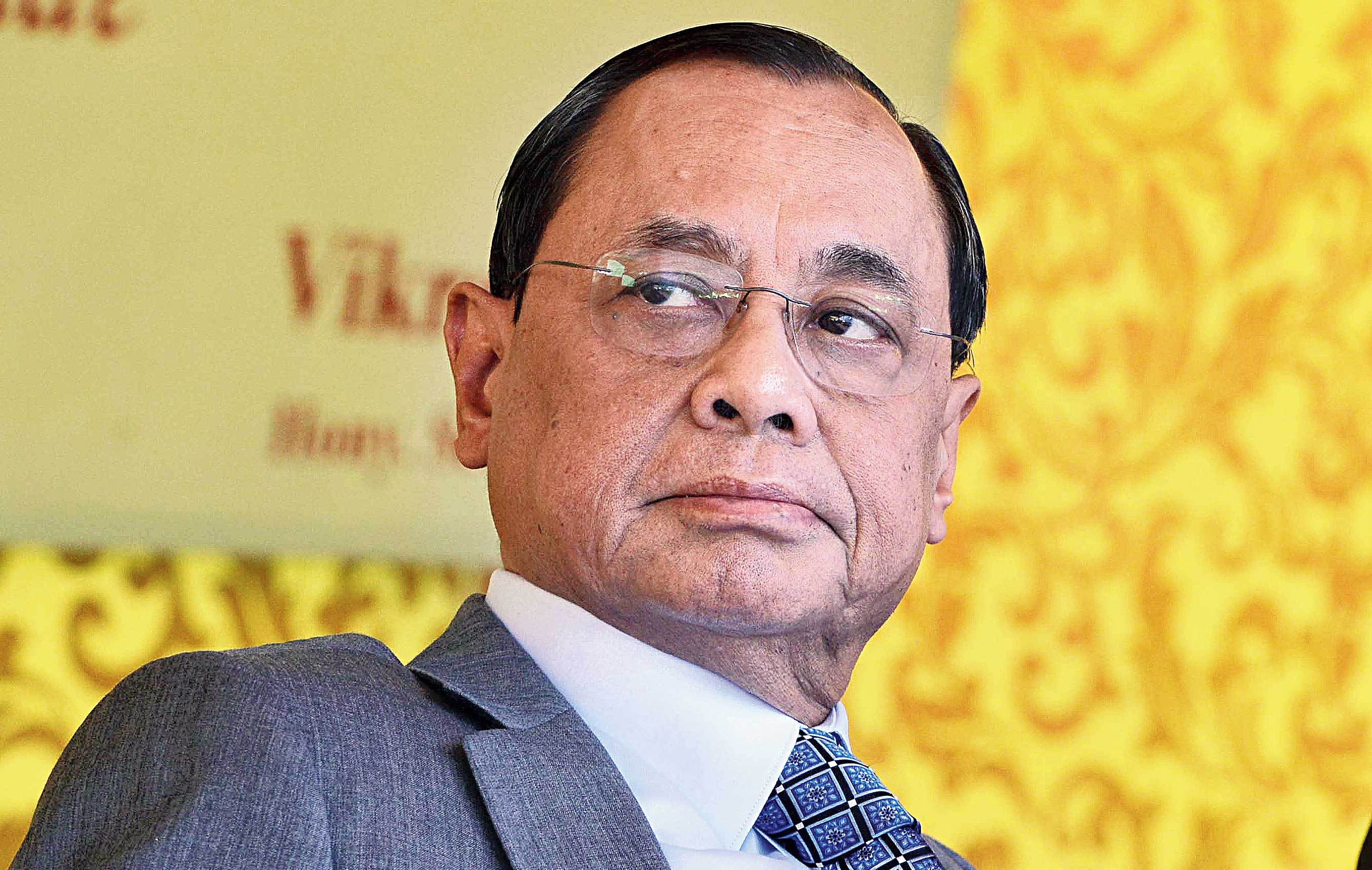Former chief justice of Delhi High Court A.P. Shah on Sunday termed as “questionable” the process followed by an in-house inquiry committee in dealing with sexual harassment allegations against Chief Justice of India Ranjan Gogoi by a former woman employee of the Supreme Court.
“We need a robust mechanism so that future incidents are tackled differently and in a better way,” Justice Shah said while delivering the 27th Rosalind Wilson Memorial Lecture.
A three-member in-house inquiry committee of the Supreme Court, headed by Justice S.A. Bobde, had given a clean chit to the CJI saying it “has found no substance” in the allegations of sexual harassment levelled against him.
Shah said the entire process had been “shrouded in secrecy” in the name of protecting judicial independence.
“Without passing judgement on the truth or falsity of the allegations, I must admit there are certain stark facts that stand out which demand consideration,” he said.
Justice Shah, who was speaking on the topic “Judging the judges — need for transparency and accountability”, noted that after the allegations against the CJI came to light, an “unusual hearing” took place on a Saturday in the apex court.
He was referring to the April 20 hearing in the apex court in which the CJI had described the allegations of sexual harassment against him as “unbelievable” and said a larger conspiracy was behind it.
“She made allegations of sexual harassment against the Chief Justice of India, in response to which there was an unusual hearing that took place on a Saturday without a petition having been moved. In what was termed as a ‘matter of great public importance touching upon the independence of the judiciary’...” Justice Shah said.
“Three judges attended that hearing, but the order that emerged was surprisingly signed only by two of those three, with the Chief Justice choosing to abstain.”
Justice Shah said that later, the registrar-general of the apex court had issued a public statement saying the complaint was false.
He said a committee of judges was set up to look into the matter with the “judges being selected by the Chief Justice of India himself”.
“The process of inquiry was also questionable,” he said, adding that the complainant was not allowed to be represented by a “lawyer” or “a next friend” and the in-house process was not explained to her.
He said the complainant withdrew from the case. “The entire process was shrouded in secrecy in the name of the protection of judicial independence,” he said. “All this demands a re-look at the accountability system for judges in India, and throws up many questions.”
He said that judicial independence was an “essential pillar” of liberty and the rule of law.
Justice Shah said the collegium system of appointing judges to the higher judiciary should go, as the decisions to elevate judges “tend to be arbitrary”. “There is a complete lack of transparency, and perhaps names are even finalised over a cup of tea, as a judge of the Allahabad High Court said,” he said.











